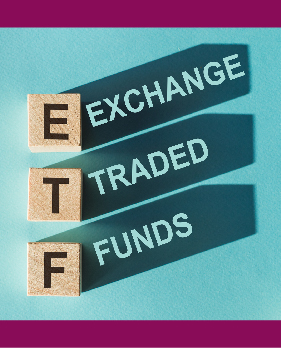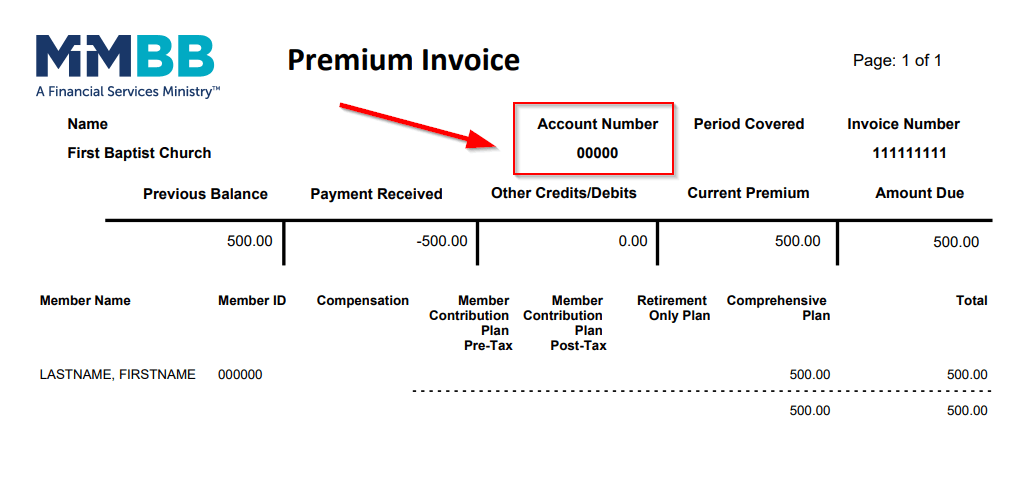Financial Fact: ETFs and Mutual Funds -- How Do They Compare?
Investing in the financial markets can be a daunting task, especially for those who are just starting their journey. Two popular investment options that often come up in discussions are Exchange-Traded Funds (ETFs) and mutual funds. While both serve as vehicles for investors to pool their money and access a diversified portfolio, they have distinct features that set them apart.
Similarities
Both ETFs and mutual funds offer investors a way to build a diversified portfolio. Diversification involves spreading investments across a broad basket of securities and across various assets classes, geographies and sectors. By doing so, investors can reduce the risk associated with individual securities and achieve a more balanced portfolio.
Both types of funds are managed by professional fund managers. These experts make decisions on buying and selling securities within the fund to achieve the stated investment objectives. Management of ETFs and mutual funds can be active or passive. Active funds try to outperform the market or a specific benchmark. Passive funds, commonly known as index funds, aim to keep pace with the performance of a specific market index, such as the S&P 500. Both mutual funds and ETFs offer a wide variety of investment options, whether to gain broad market exposure or a more narrowly focused segment of the market.
Differences
One of the key differences lies in how ETFs and mutual funds are bought and sold. ETFs are traded on stock exchanges throughout the day, just like individual stocks. On the other hand, mutual funds can only be purchased or sold once a day based on a price which is determined at the end of each trading day.
There are also differences in transparency. ETFs disclose holdings daily, while mutual funds are not required to do so. The Securities and Exchange Commission (SEC) requires mutual funds to disclose their holdings on a quarterly basis. It’s worth noting that recently, some passive mutual funds have been providing their holdings daily since they aim to mimic an index.
Mutual funds often have minimum investment requirements, meaning investors need a certain amount of money to start investing. Although there are funds with no minimum investment, a typical retail fund requires an investment of between $500 and $5,000. ETFs don’t have the same requirement and you can invest as little as $1. This makes ETFs more accessible to investors with smaller budgets.
ETFs typically have lower fees than mutual funds, making them a more cost-effective option. Also, they are often considered more tax-efficient than mutual funds. Mutual funds often distribute capital gains to investors, but the structure of ETFs and how they are transacted allow them to avoid this type of capital gains distributions, potentially reducing tax liabilities for investors.
In summary, while both ETFs and mutual funds offer diversification and professional management, they differ in trading mechanisms, minimum investment requirements, fee structures, and tax efficiency. To decide if ETFs or mutual funds should be added to an investment portfolio or if there is a way to start investing in the market, it’s best to talk to a financial planner.








 Next
Next



